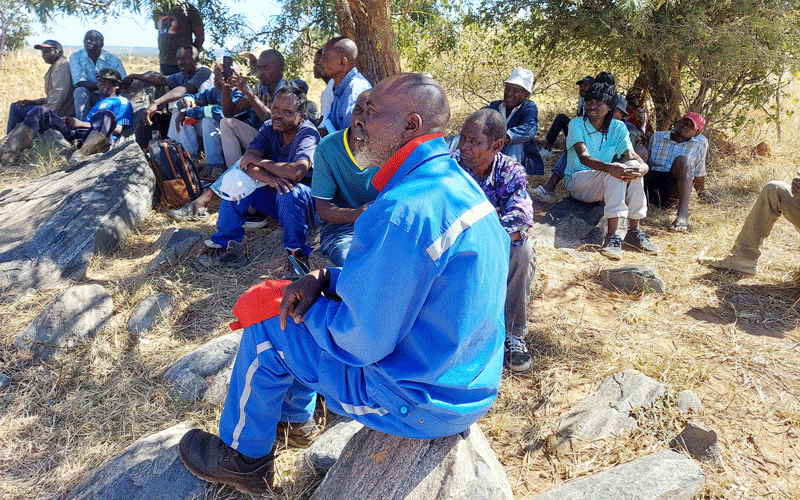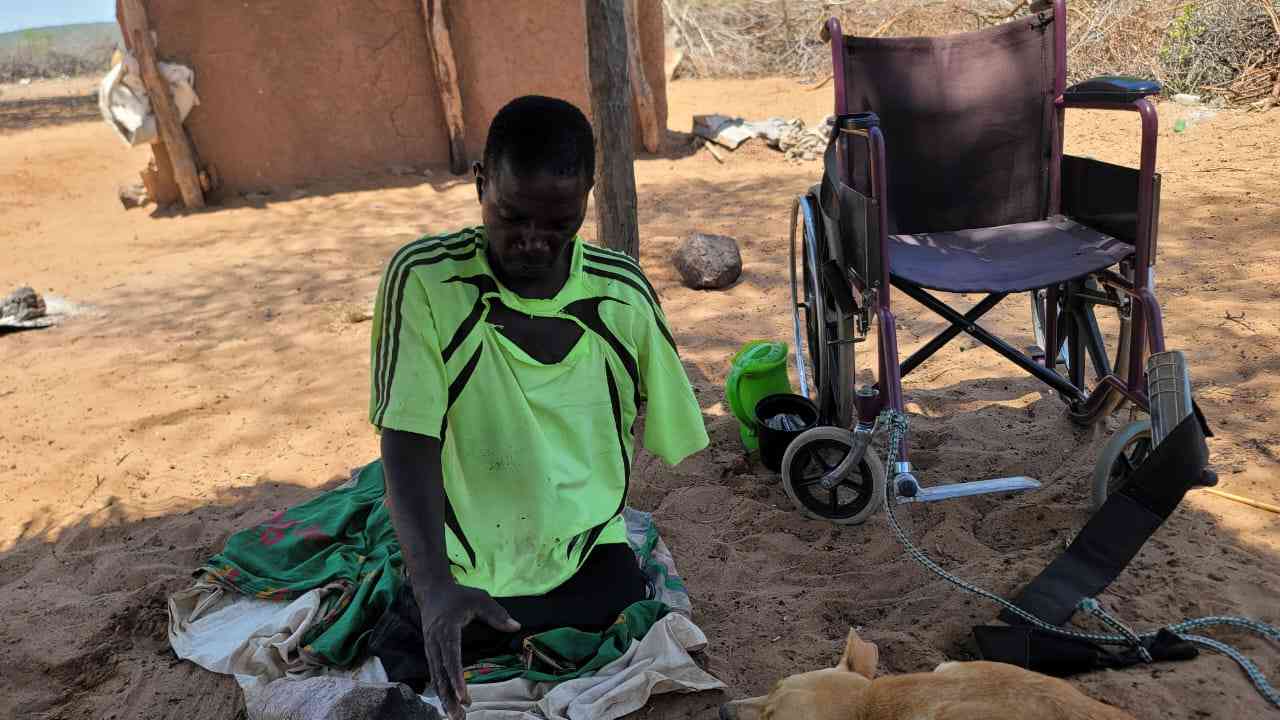
The role of men in society is unquestionable, hence the reason why they should take their place in the HIV response, both for their own health as well as in support of women and children.
Sadly, very few men access services on time as evidenced by treatment figures which show that fewer men are on treatment compared to women.
A 2013 study conducted on masculinity and men’s health-seeking behaviours among black/African men in Durban, KwaZulu-Natal, South Africa indicated that how men view manhood in relation to the masculine dominant discourse has an implication on health care and facilitates delayed health-seeking tendencies or, even worse, not seeking health care until the very late stages of illness.
More so, local research shows that a handful of men accompany their wives on visits to antenatal clinics.
Women, who are supported by their male partners in this way are more likely to consistently visit antenatal clinics as well as postnatal clinics.
Zimbabwe has made giants strides in HIV response and to maintain such an achievement joint efforts are needed from all.
As such, men should not sit on their laurels while women fight a lone battle in dealing with HIV and Aids issues.
The Behaviour Change and Community Motivator (BCCM) programme is among a plethora of HIV intervention strategies meant to encourage individuals and communities to change their HIV-related behaviour that are being implemented in Zimbabwe.
- Another ETF lists on ZSE
- Econet to use Buddie Beatz app to grow local music
- Edutainment mix: The artist in the child policy formulation context
- An unsung HIV/Aids hero spreads message of hope
Keep Reading
Behavioural interventions for HIV prevention are applied to promote change in sexual behaviour, and to increase HIV service utilisation and adherence to HIV services and behaviours.
To achieve this, the interventions commonly address knowledge, attitudes, risk perception, norms, HIV service demand and skills.
In Hurungwe, a group of men gather under a tree, which has become their two-week routine, sharing ideas on HIV and Aids under the tutelage of a mentor.
“We usually come here twice a week for these kinds of deliberations,” said Solomon Chekumarara of Mudhema village in Hurungwe’s ward 10.
“The discussions are proving to be helpful because as men we now understand our role in the response to HIV and Aids.
“We now understand the purpose of accompanying our wives to the hospital and why it is important to get HIV test alongside your partner.”
Chekumarara said they live close to Magunje growth point, which becomes a hive of activity during the tobacco marketing season.
“Our township is the growth point and it is a hive of activity during the tobacco selling season,” he said.
“Through this training we now know what it means to use protection, especially condoms which we normally get here when we come for these trainings.
“Condoms are also available in bars, clubs and health centres.”
A traditional leader in the area, headman Nzunguchena, born Washington Muchenwa, bemoaned the prevalence of child marriages in the area.
“It is an elephant in the room,” he said.
“Very young girls are being married off because of poverty.
“We also have challenges with churches that continue to marry off young girls.
“As traditional leaders we are working round the clock to deal with the scourge.”
Headman Nzunguchena roping in men through programmes like behaviour change and community motivator would go a long way in tackling child marriages in the area.
“This programme is doing wonders in the community,” he said.
“We are seeing the results because it is us men who marry off or marry these children.
“If we are empowered like this it helps a lot and we want to see men from the white garment sect joining us in such programmes.”
Mathew Gela, a behaviour change community motivator, who led the gathering, said the programme was meant to increase men’s knowledge about HIV and Aids.
“The idea is to change the perception of men and increase their understanding about HIV and Aids, especially here in Magunje where the majority are farmers,” said Gela.
“Men here now understands the importance of using condoms, they know the bad side of child marriages and the effects of gender-based violence.
“They are now amplifying that message in the community and beyond because they are now empowered.”
Gela said there has been a demand of pre-exposure and post exposure prophylaxis for HIV prevention in Hurungwe, thanks to the BCCM programme.
He said when a male partner is roped in HIV programmes, both partners get to know their status, and dangerous practices like forced breastfeeding or forced early weaning were unlikely to occur.
Experts say very few men in Zimbabwe are involved in reproductive health issues.
And District Aids Coordinator for Hurungwe Admire Takawira believes programmes such as the BCCM were meant to address such.
“It’s true and we have chipped in with the BCCM programme with the aim of fostering a change in sexual behaviour, and to increase HIV service utilisation and adherence to HIV services and behaviours,” Takawira said.
“We are working with our mentors who are drawn from the communities and help lead discussions on HIV and Aids issues.
“We are seeing the results, condom uptake has gone up and there is an increase in the uptake of health services by men.”
Takawira said Magunje growth point was among HIV hotspots in Hurungwe district, hence strategically bringing the BCCM programme closer.
He said the National Aids Council was also implementing a number of interventions programmes meant for adolescent girls and young women in the district.










